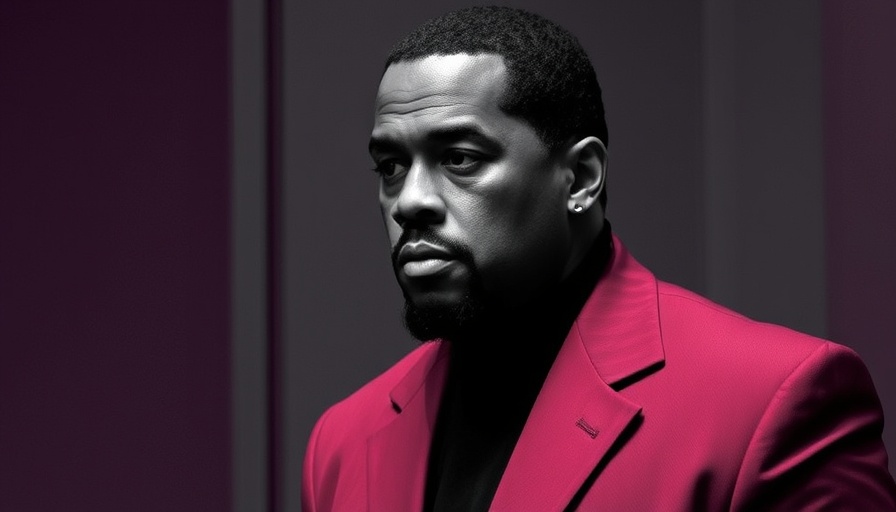
Confronting the Dark Buddha: AI as Both a Reflection and a Constraint
In contemporary discourse surrounding artificial intelligence, the concept of the "Dark Buddha" emerges as a powerful metaphor. This duality encapsulates AI's potential as both a mirror of societal values and a set of manacles, restricting human agency amidst rapid technological advancement. It raises pressing questions about the cultural and ethical implications of AI and its role in shaping our social fabric.
The Mirror: What AI Reflects About Society
AI systems are not just tools; they are reflections of our values, fears, and aspirations. Their development often mirrors existing societal paradigms, magnifying inequalities and prejudices back at us. For instance, AI in hiring processes can perpetuate gender and racial biases unless consciously addressed. This reflection can prompt a societal examination of our values, potentially fostering desired changes. However, it’s essential to ask whether this mirror helps illuminate paths to progress or simply reinforces entrenched hierarchies.
The Manacles: Restriction of Human Agency
Conversely, the "manacle" perspective highlights how AI can limit human agency. With the rise of job automation, many fear that AI will exacerbate economic disparities, particularly for low-skilled workers. For example, as AI technologies evolve, roles in manufacturing and service industries are increasingly at risk. Such shifts raise urgent ethical discussions about AI's impact on jobs and the workforce, with discussions focusing on upskilling and social safety nets becoming essential.
AI's Role in Cultural Influence and Change
Moreover, AI influences culture in profound ways—dictating what content is seen, shaping public discourse, and, as a result, impacting societal dynamics. Consider the algorithms that curate news feeds and social media trends; their influence extends far beyond business models to shaping cultural perceptions and ultimately affecting policy outcomes. As such, recognizing AI's cultural influence is pivotal in understanding its broader societal impact.
Navigating the Ethical Landscape of AI
The ethical implications surrounding AI continue to evolve, demanding concerted efforts from policymakers, technologists, and society at large. Addressing how AI reinforces inequalities—including racial, economic, and educational divides—must be prioritized as technology advances. Engaging in these conversations pushes for frameworks that not only promote responsible AI use but also advocate for equitable access and opportunities in an increasingly automated world.
Toward a Future with Responsible AI
As we grapple with these dualities of the Dark Buddha, it becomes vital for stakeholders across sectors to collaborate. Only through interdisciplinary dialogue can society harness AI for social good, ensuring that while it serves as a mirror reflecting our realities, it does not bind us with manacles of complacency and inequality. Rather, it should propel us towards transformative societal changes that align with our collective ethics and aspirations.
The conversation around AI's cultural influence, ethical implications, and societal changes is only beginning. Engaging with these issues thoughtfully will shape our future relationship with technology. As we confront the complexities of the Dark Buddha, let us strive to channel its reflection into meaningful action rather than passivity.
 Add Row
Add Row  Add
Add 




 Add Row
Add Row  Add
Add 



Write A Comment